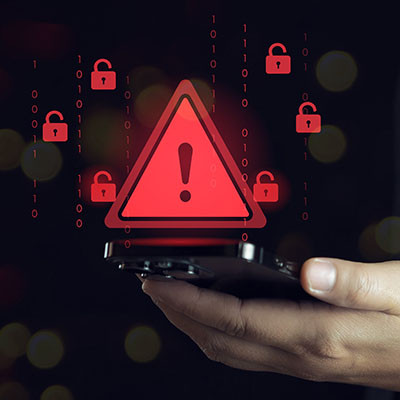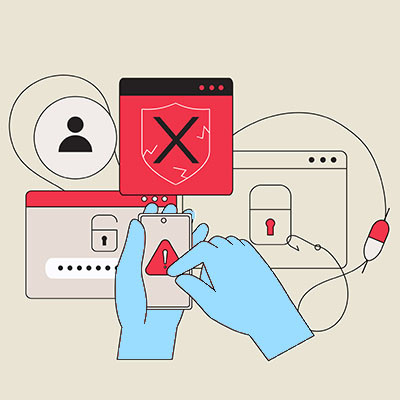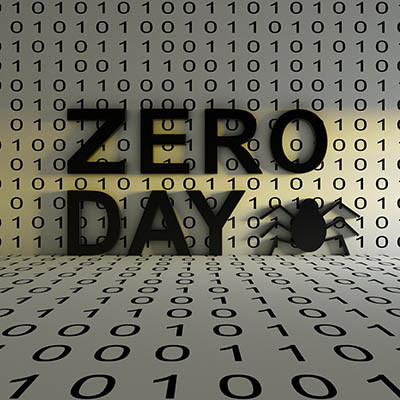Advanced Automation Blog
"I don’t need to worry about cybersecurity… my business is too small for hackers to target."
This is one of the most dangerous misconceptions a small business can have. If you believe this, you may not fully understand how modern cyberattacks work. Let’s break down why this mindset can leave your business vulnerable.
Over the past few years, huge scamming operations have operated in Southeast Asia, and now they are spreading. These scams—known as pig butchering scams—cause serious harm, as in an estimated $75 billion worldwide in 2023.
With these sorts of operations spreading, let’s go over what pig butchering is.
Potential data breaches are increasingly problematic for organizations, and the most common way that data is stolen is through phishing attacks. Phishing attacks are currently one of the most pervasive threats on the Internet, and you need to understand them to thwart their effectiveness against your users. Let’s explore what exactly a phishing attack consists of and some best practices you can use to defend your network against them.
Encryption is a powerful weapon against hackers that can prevent them from stealing your data and leveraging it against you. Encryption, in its most basic textbook definition, converts your readable data into an indecipherable jumble that can only be reassembled through the use of an encryption key. Small businesses absolutely must utilize encryption to protect customer information, financial records, and other important or sensitive business data. This ensures that it is as protected as possible against those that might do you harm.
Safeguarding your online accounts is an important part of maintaining network security. With the increasing number of cyber threats, relying on strong, unique passwords is no longer optional—it's a necessity. Remembering complex passwords for numerous accounts can be challenging, however. This is where password managers come in handy, offering a secure and convenient solution to managing your credentials.
Believe it or not, if you were to rank your business’ greatest threats, risk factors, and vulnerabilities, your users would most likely belong somewhere toward the top. Human error is a big challenge to your security simply because cybercriminals understand that your employees are, in fact, human and will, in fact, make mistakes.
Let’s explore how cyberattacks exploit this tendency and how you can better protect your business from the ramifications.
Maintaining network security has proven to be more difficult for organizations as time has gone on. Like the people trying to keep them out of networks they don’t have access to, hackers are increasingly using artificial intelligence (AI) to enhance their cyberattacks and achieve various malicious objectives. Here are some ways in which hackers are using AI.
When it comes to valuable data, hackers will go out of their way to try and steal it, placing businesses in dangerous situations. In particular, healthcare data is attractive to hackers, and considering how lucrative the prospect of healthcare data is, companies need to take extra precautions to protect it. But what is it about healthcare data that makes it so attractive, anyway? Let’s dig into the consequences of potential attacks on healthcare data.
Your business’ computing infrastructure is a pretty resilient system. It has all types of tools added on to keep malicious code, bad actors, and even sabotage from ruining the good thing you have. This reliability has led to hackers changing the way that they go about their business. Nowadays, most of the attacks that affect businesses are phishing attacks. In today’s blog we will go through the elements of a phishing attack and how you can protect your business from them.
While security researchers do their best to find security vulnerabilities in software and systems before they are actively exploited by attackers, they can’t be successful all the time. There are too many threats and too many variables to consider, and zero-day exploits are often discovered well after they are actively being exploited by threats. How can you keep zero-day exploits from impacting your business?
For millions of people, the rubber ducky is a benign reminder of childhood. Depending on when you were a child, the rendition of Sesame Street’s Ernie singing “Rubber Duckie, you’re the one,” is ingrained in your mind every time you hear the term. Unfortunately, the Rubber Ducky we are going to tell you about today has only fond recollection for people who are looking to breach networks they aren’t authorized to access or deliver malware payloads that are designed to cause havoc.
How often do you get emails from individuals claiming to be working with a business who wants to do business with yours or sell you a product, completely unsolicited and even perhaps a bit suspicious? These types of messages can often land small businesses in hot water, as it only takes one phishing email landing in the wrong inbox at the wrong time to put your business in jeopardy.
Anyone who has a mailbox or an email knows all about junk mail. We all receive Publisher’s Clearing House entries, calls about your car’s extended warranty, promotions for items and events that you swore that you discontinued by typing “STOP”, and just needless spam that you waste your time going through and deleting. We receive unsolicited messages every single day.
If you are a frequent reader of our blog, you know all about phishing scams. They are emails and messages sent that are designed to extort money and gain access to computers and networks for nefarious purposes. The popular IT support company Geek Squad, a subsidiary of Best Buy, is the latest company caught up in such a scam. Let’s take a look at how the scam works and how you can avoid becoming its next victim.
The world is full of people who would try to take advantage of your organization and its employees—or, in less gratifying words, scammers. They will do everything they can to try to fool your company and make a quick buck doing so. How can you make sure that the countless messages and phone calls you receive on a daily basis aren’t crooks trying to scam you out of house and home? It all starts with a little awareness.





















